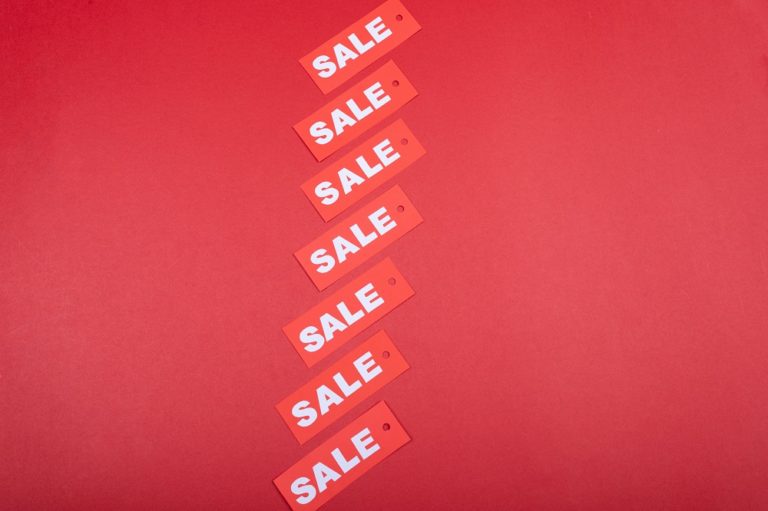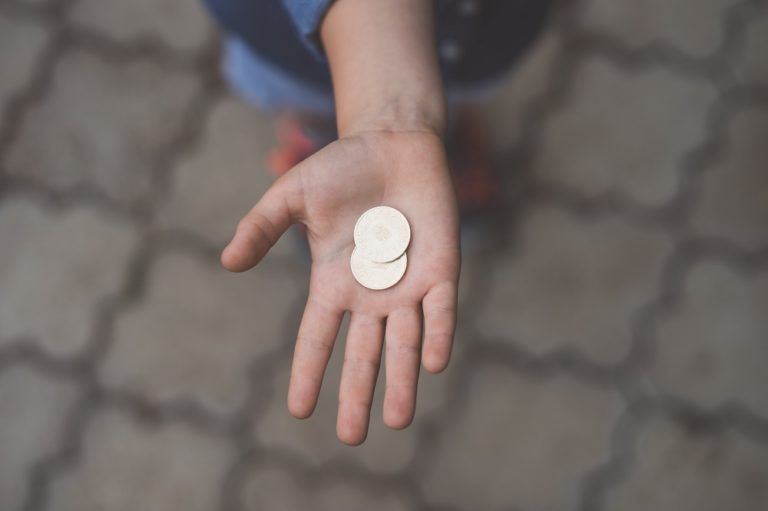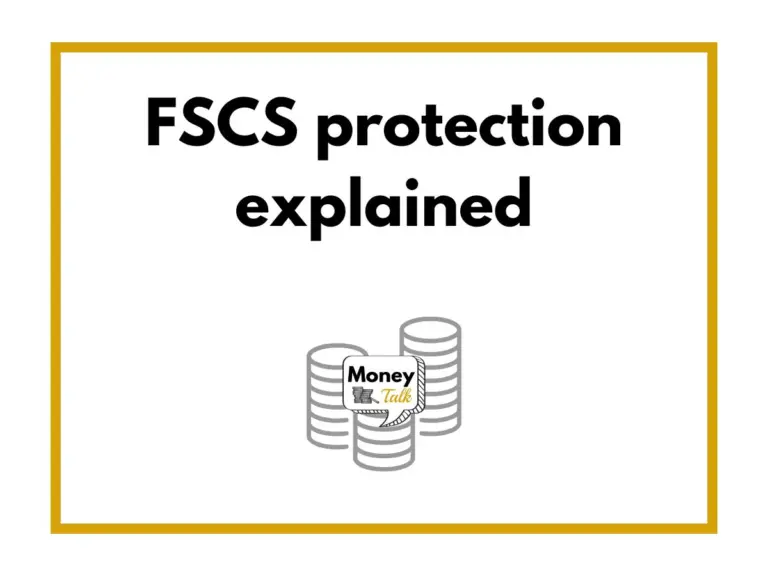Money Rules: Have a payday savings rule
Money Talk is intended to inform and educate; it's not financial advice. Affiliate links, including from Amazon, are used to help fund the site. If you make a purchase via a link marked with an *, Money Talk might receive a commission at no cost to you. Find out more here.
Having a fun fund helps me make the most of my money while Sara Williams curbs her spending by asking a simple question before every purchase.
For full-time blogger Victoria Sully, the key to managing her finances is having a payday savings rule.
Sully, who writes the money and lifestyle blog Lylia Rose, is self employed, and it’s actually the transition into freelancing that prompted her to change the way she managed her finances.
Here, she explains why her rule is to always move money into savings accounts on payday.
When did you start this rule and why?
I implemented this savings rule when I went self employed full-time in 2017.
I was nervous about money and I knew I had to be better with money management as I wouldn’t have a regular wage to rely on.
The career change also made me a lot more motivated when it came to prioritising savings and working out different ways to ensure we saved enough money each month.
Why is this your number one money rule?
I used to manage our savings the other way around, by saving whatever was left of our pay at the end of the month.
This was a terrible idea because seeing the money in our accounts increased the temptation to spend it. Often, there was no money left to save by the end of the month.
Now I stash the money in various savings pots on payday, treating these like essential bills so the money is not counted as part of our monthly budget.
How does the rule work in practice?
I took over our family finances and budgeting around the same time as when I went self employed as I’m a lot more organised than my husband when it comes to money and admin.
Even though we are both self employed, we pay ourselves once a month at the end of the month and call it payday.
This is the day we transfer money into our savings pots; I have standing orders set up so I don’t need to manually do the transfers.
We have a set amount that’s transferred into each pot each month and it’s left there until the money is needed for the exact reason it’s saved. We completely ignore this money unless there is an emergency.
The pots are allocated towards specific stuff like Christmas, dentist’s fees, car costs, holidays, and childcare.
I find it easier to have separate savings accounts as the balance shows us where we are with each pot at a glance.
We also save for retirement, and have an emergency fund so we have cash available should the boiler break or another emergency happen.
By saving towards these each month, we are always financially prepared.
We have a reasonably strict budget each week for family fun and we stick to it. If we run out of money then we do free activities and don’t spend so we don’t dip into the savings accounts even though they’re there.
We are a bit flexible with the amounts, however.
They tend to stay the same, but if we’ve had a lot of car repairs for instance, then we may need to increase the amount we put into our car fund each month and reduce another savings pot temporarily, or reduce our family fun budget.
While we are strict with making sure we save into each pot each month, we do regularly review whether we are saving too much or too little and adjust accordingly.
How has it helped you manage your money?
Not only does moving the money out of our spending account reduce the temptation to spend it, but seeing the balances in the savings pots increase reduces temptation too.
It prevents us from wanting to move money back into our spending account as we don’t want to see the balances drop.
It’s also a great feeling to see us getting closer to savings targets, or to see our emergency fund looking healthy.
Are there any downsides?
Saving money on payday and treating it as an essential outgoing is a great way to start building savings.
It can be tempting to save too much though, so it’s important to save what you can afford and still have enough left for food and entertainment for the month.
Finally, do you have any other hints and tips?
My best advice is to be flexible with savings and review regularly to tweak the amounts if needed; increasing if that’s realistic or reducing if money seems too tight each month.
Pin this for later








